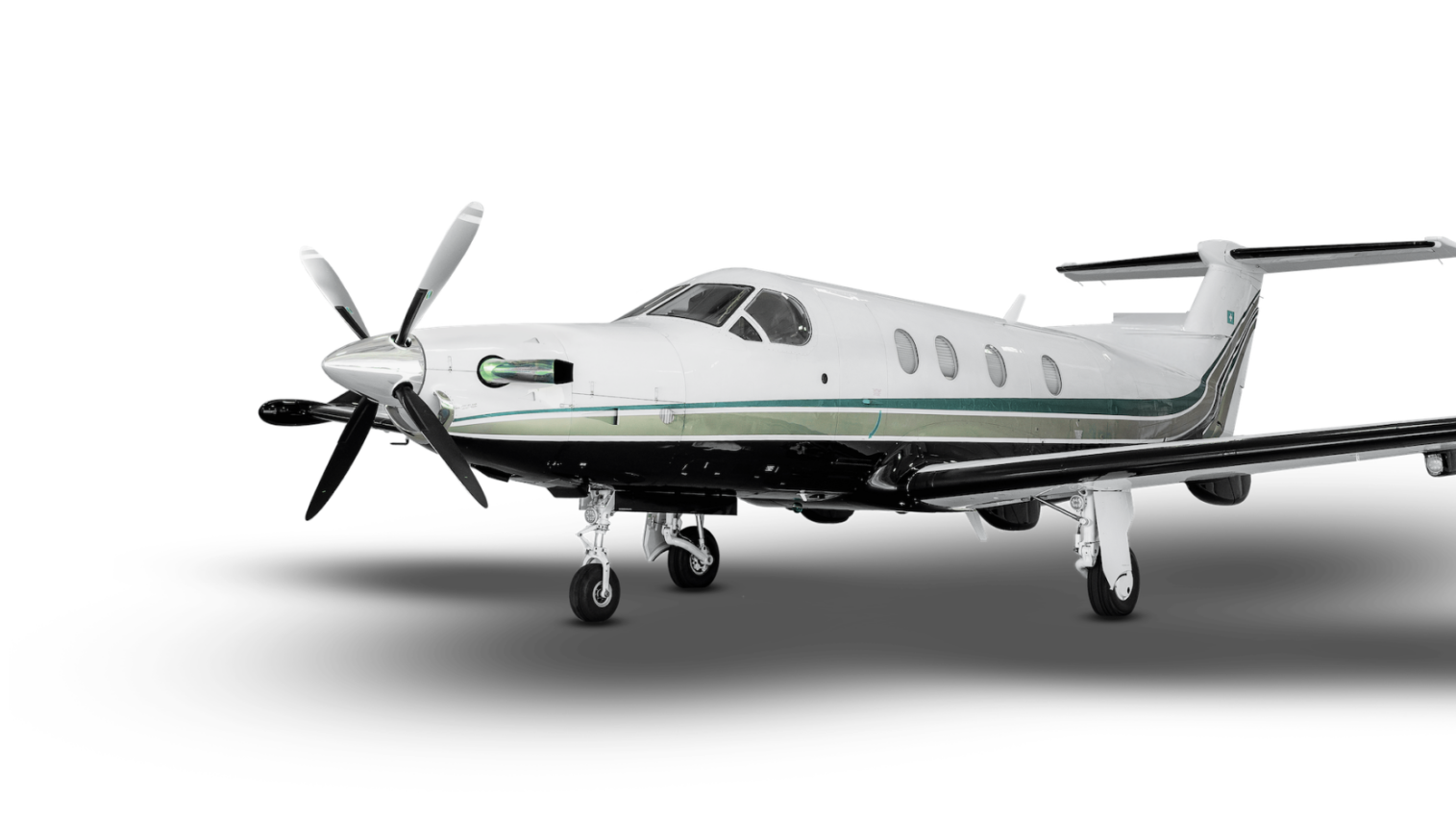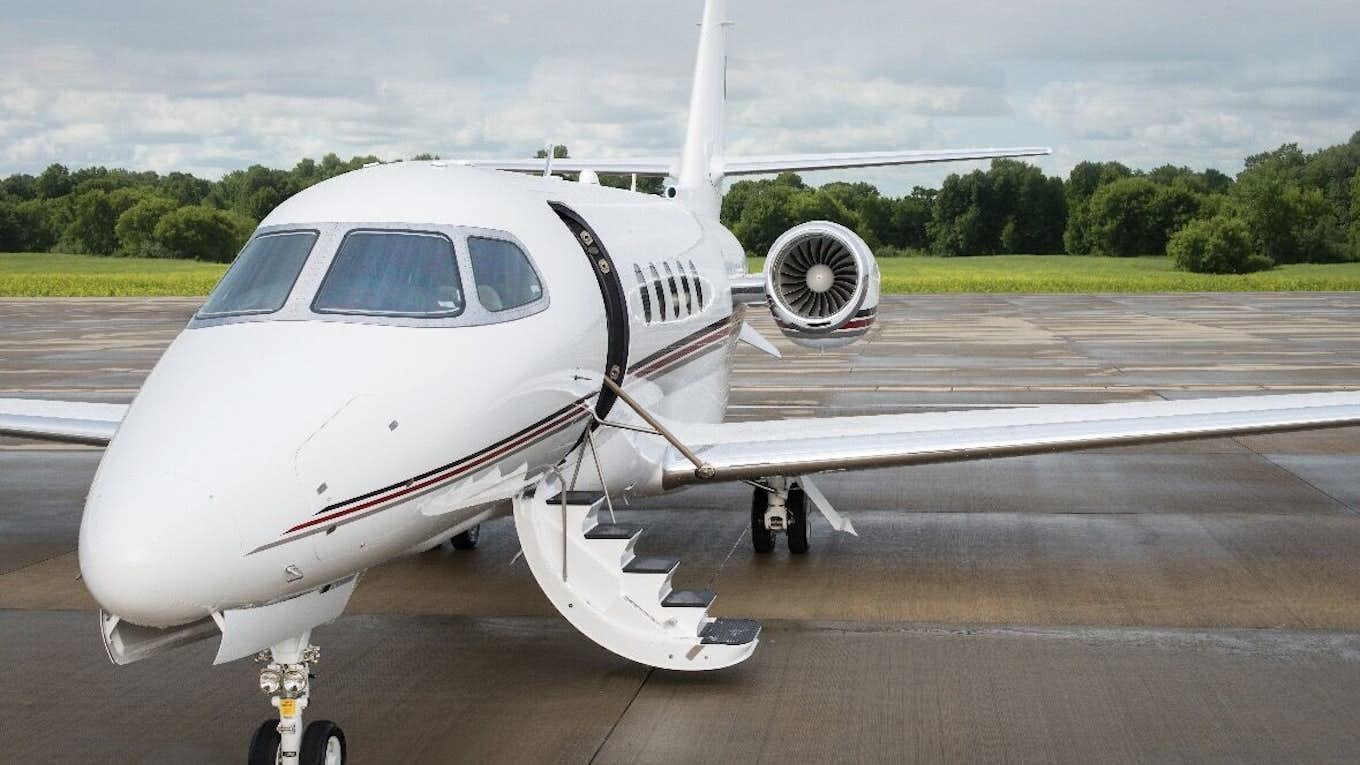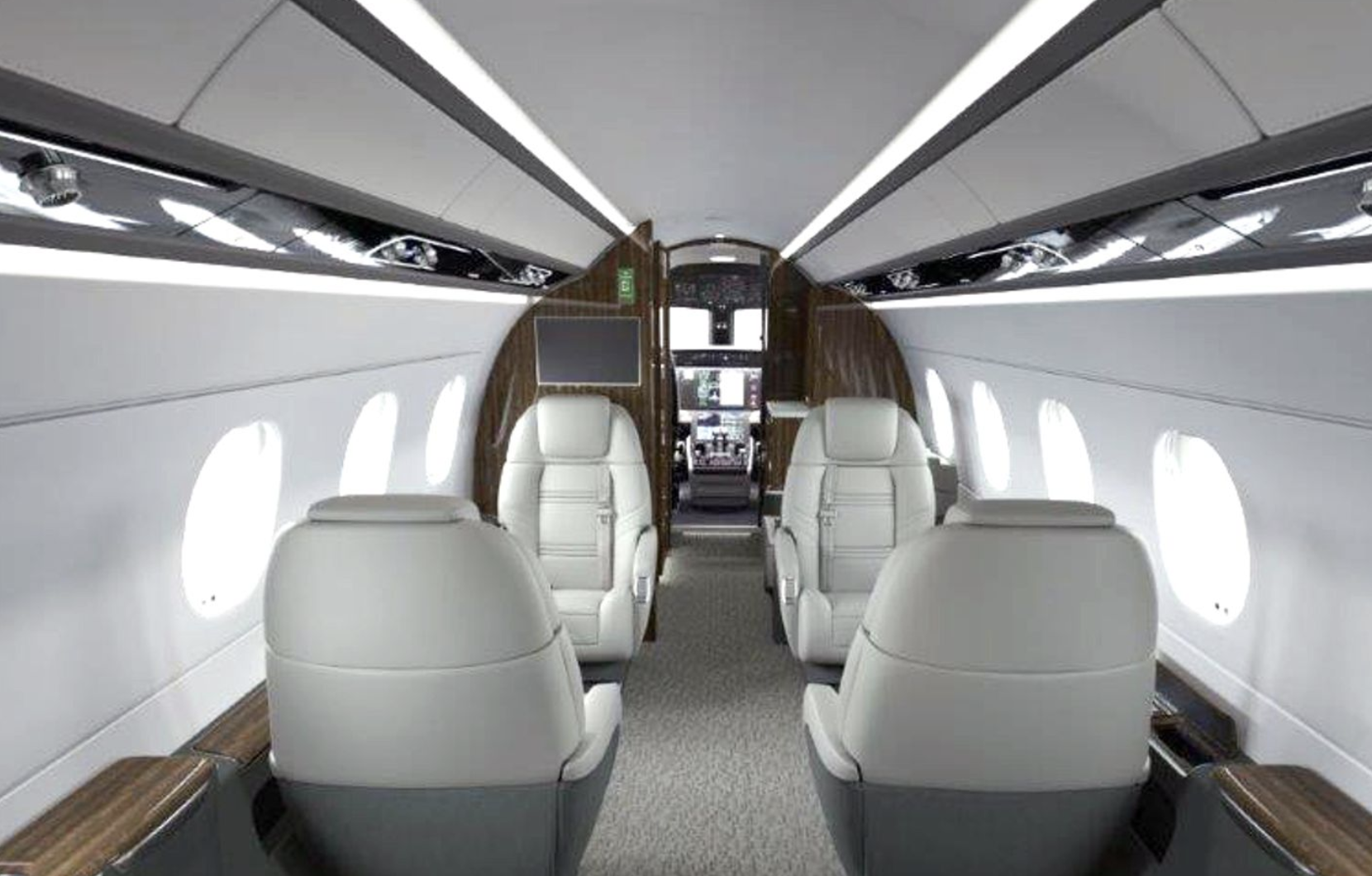The two biggest players in fractional jet ownership have different approaches to the jet card segment
The vast majority of jet cards are marketed by charter brokers, however, two of the most prominent names in the jet card space – NetJets and Flexjet – are in fact fractional aircraft operators with their principal business selling fractional shares and leases in whole aircraft. Fractional ownership entails a commitment of three to 10 years whereas, with jet cards, we have seen programs with commitments starting as few as 10 hours and $25,000.
As a general rule of thumb, jet cards can be a good fit if you fly anywhere from 10 to 100 hours per year or even more if you are opposed to ownership for a variety of reasons. Fractional ownership programs typically start at 50 hours, which equates to a 1/16th share but more typically is for individuals and families who fly between 100 and 400 hours per year.
NetJets vs. Flexjet
That said, you don’t have to buy a fractional share or lease to fly on a fractional fleet. Two reasons to choose a fractional jet card are the perception of safety and ability to choose a specific aircraft type or a narrow selection of aircraft as opposed to an entire category such as Light Jet or Midsize Jet. Fractional fleets are typically outfitted in a uniform way so you would be hard-pressed to tell you are flying on different aircraft each time. The exception is Flexjet, which is adding some diversity to the design but not the configuration of its cabins. That said you can expect to find the same layout.
Private Jet Safety
You are 10 times more likely to drown in a bathtub than perish while flying privately. Still, safety is a legitimate issue when comparing jet card sellers. Private Jet Card Comparisons compares over 250 programs, including sourcing standards for both aircraft and minimum experience requirements for your pilots.
“Safety, of course, must be your first concern. Here to, there may be a distinction between fractional and block charter jet card programs. Fractionals like NetJets and Flexjet, buttressed by their end-to-end management and operation, adhere to the highest industry safety standards,” said James Butler, CEO Shaircraft Solutions, adding, “Block charter programs often use safety auditing services like Wyvern or ARG/US to review and certify their independent operators at one of the various levels— sort of a Good Housekeeping seal of approval. Even so, some block charter programs do not require that all participating operators maintain the highest-level certifications.”
What are the negatives of fractional jet cards? There’s the perception you will be a second-class citizen behind shareowners, particularly during peak periods and that the fractional jet card programs are more expensive, true in some cases, not in others.
NetJets Jet Card and the Marquis Jet Card
NetJets is the largest operator of private aircraft in the world, exclusively jets, and is credited with inventing the fractional ownership model. However, it didn’t sell jet cards until 2010 when it acquired Marquis Jet Partners, a company launched in 2001 by Wheels Up founder Kenny Dichter. Marquis Jet was built on an exclusive relationship with NetJets, buying shares from the fractional seller then chopping its shares into 25 hours jet cards.
Today NetJets offers six different card programs in 25 or 50-hour blocks. Until last year’s launch of the NetJets Elite card for the Citation XLS/Excel all programs carried the Marquis Jet branding.
At the time of the launch, NetJets’ EVP of Sales & Marketing said, “The key difference in the Elite card is that it provides an all-inclusive rate so taxes and fuel are included and the all-in cost is lower than our standard 25-hour Citation Encore and Citation XLS cards would be.” He added, “The trade-off is the call out time and a premium applied to flights on Peak Travel days. If you want to fly with no Peak Travel day, the standard Marquis Jet card makes more sense. If you can avoid them, then the Elite card is the way to go.”
In terms of Butler’s comments about safety, Private Jet Card Comparisons safety analysis shows NetJets pilots average 10,500 hours of experience. Every NetJets pilot is type-rated in the aircraft they fly and flies only that type. Ongoing training includes two times per year in Flight Safety simulators.
25-hour NetJets cards are valid for 18 months and 50-hour cards are valid for 24 months. There is fixed one-way pricing with guaranteed availability, although certain programs have exceptions in the second year so in buying a card from NetJets you may want to focus on how much you will fly within the first year. A nice feature is unused hours call be rolled over into the purchase of a new jet card.
There is no escrow account but the company is a wholly owned subsidiary of Berkshire Hathaway. In 2009 NetJets lost $711 million and Warren Buffett said without the parent company’s backing “NetJets would have been out of business.” I guess another way to say it is you have one of the world’s richest men standing behind the company.
You can use your card to access multiple aircraft subject to availability. You can downgrade the size of your aircraft except on Peak Days. Upgrades are subject to availability. There is guaranteed WiFi and also in-flight emergency medical support.
Regular lead-time for reservations varies from 10 to 24 hours. The programs have between 30 and 45 peak days with a 120-hour lead-time for reservations. NetJets service area includes both North America and Europe for jet cards.
Flexjet Jet Cards
Flexjet has just two jet card programs, which are in the Light and Super Midsize categories – one for the Embraer Phenom 300 and the other for Bombardier Challenger 300. Both are offered in 25 and 50-hour blocks.
The company is part of the Directional Aviation Capital led by business aviation Hall of Famer Ken Ricci, which also owns Sentient Jet, a leading charter broker of jet cards and Skyjet, which has fixed one-way pricing jet membership programs, so a different approach than NetJets. The company also owns Nextant Aviation which remanufacturers private aircraft so like NetJets, there is deep experience in all facets of operations.
Flexjet has been in the news quite a bit over the past two years. Sister fractional share seller Flight Options is being wound down. Flight Options was focused on selling shares in used aircraft and also sold jet cards. At the same time, Flexjet has been focusing on new, longer-range aircraft such as the Gulfstream G650.
In terms of history, Directional purchased Flexjet from aircraft manufacturer Bombardier in 2013 along with Skyjet the same year it acquired Sentient. Skyjet now operates out of the same offices outside Boston where Sentient is headquartered while Flexjet is based at Directional’s headquarters in Cleveland having relocated from Dallas.
Expiration of Flexjet cards occurs within 24 months from the effective date of the agreement or when the hours are exhausted whichever comes first. Like NetJets, there is no escrow account. Ricci, a Notre Dame alumni, made a $100 million dollar donation last year.
The Challenger 350 jet card has a very attractive 60-minute minimum segment minimum and there are only 10 peak days for Flexjet’s jet card programs. That said, for the Challenger, there is a 40% surcharge on peak days so while we like the card, you need to make sure you don’t need to travel during those dates. Surcharge on the Phenom 300 is only 10%. Both cards have a 24-hour call out for reservations and cancellation for peak and nonpeak flights are only four hours, so if you have lots of last minute changes, the Flexjet cards could be a good fit. Both the Phenom and Challenger are WiFi equipped and both have in-flight emergency medical support.
Really Private Private Jet Terminals
Both NetJets and Flexjet have been opening their own private lounges at high traffic airports such as Teterboro, Westchester County, in Florida and at Dallas Love Field (pictured above). Jet Linx Aviation, which is a management company, uses a similar approach in the 14 markets it operates. If you happen to live in a market where Flexjet or NetJets operates a private lounge, it could be a nice perk worthy of pushing your decision in favor of that provider.
Other Fractional Jet Card Programs
Executive AirShare offers jet cards across a footprint that includes the Midwest and Great Lakes. Its programs are based on a formula which combines days and an hourly rate. Its programs start at 10 days of flying. Former U.S. Open and British Open champion and golf legend Tom Watson is a promoter of the programs which include the Phenom 300 and 100, the Citation CJ2 and King Air 350i.
Nicholas Air is often mentioned in terms of fractional share sellers, although its fleet is mainly owned and operated by the company, and it offers a range of jet card products. PlaneSense, which operates a fractional share program based on the Pilatus PC-12 turboprop and now the PC-24 jet does not sell jet cards.












